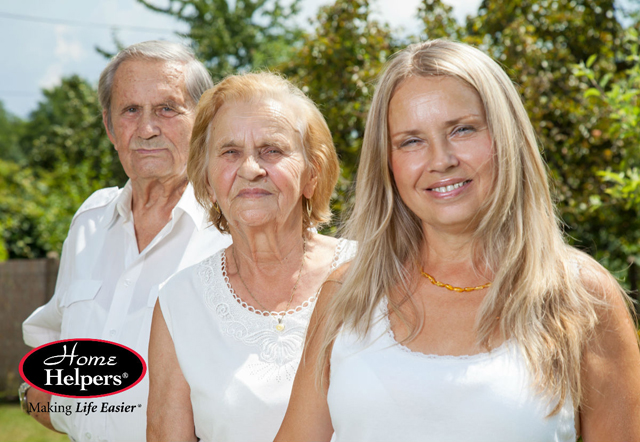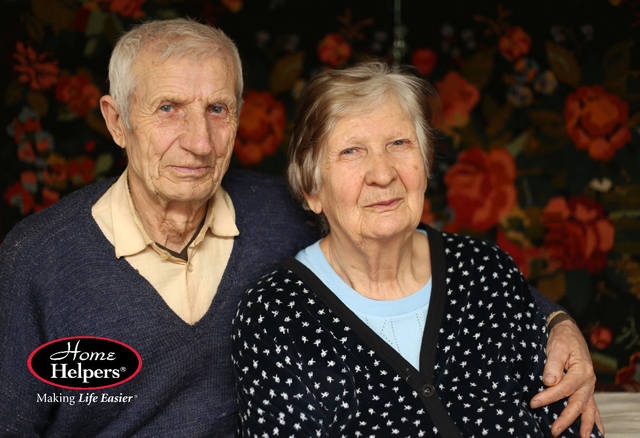For most people, the sight of a playful dog brings a big smile to their face. Especially those suffering with Alzheimer’s Disease. Studies show with overwhelming evidence that depression and anxiety are greatly reduced by the presence of pets.
Pets and the Alzheimer’s Patient
Research has shown many times over that there are many health benefits from owning a pet. They can significantly lower heart rates and blood pressure, relieve headaches, decrease cortisol, which is a stress hormone, and make more of the hormone called serotonin, which improves your mood. It’s no surprise then, that pets are becoming common place with Alzheimer’s and dementia patients.
Any pet owner will tell you that cats and dogs become members of the family. They give unconditional love and affection, and create a bond that is unbreakable. There are cats that could care less about human companionship, yet when it comes to the Alzheimer’s patient, they stick closer than a brother. They even let these patients pick them up and carry them around when normally they would hate that. It’s truly a sight to see!
How Pets Help Alzheimer’s Patients
Companionship is the first and most obvious benefit that pets bring to Alzheimer’s. Bringing a therapy dog or other pet to visit can put a big smile on a person’s face who had just been down in the dumps. Many people suffer from depression and it’s a known fact that pets can improve mood and help bring joy back to a person. This is especially true with patients who suffer from cognitive disorders like dementia and Alzheimer’s Disease.
While most of the time, pet visits are wonderful for seniors, you still have to be careful and monitor the reaction between the pet and the patient. Here are a few tips to help you make it a wonderful experience for them
- Be sure to understand the personality of the pet. If they are prone to a lot of barking or jumping, you may need to wait and do a little more training with that animal.
- Choose the right time of day. For many seniors, it’s better to schedule visits earlier in the day rather than evening hours when they are becoming tired.
- Don’t stay too long. Keep a close eye on the interaction between the pet and the senior. If they become impatient with the pet or show signs that there has been enough stimulation for one visit, go ahead and bring the visit to a close.
- Remember that people with Alzheimer’s or dementia may not react the same way every time. The very nature of the disease brings unpredictable behavior, so don’t be surprised if they love a pet visit one day and have zero interest on another day.
Where Do You Find Therapy Pets?
Many shelters have animals that they hand-pick to go through therapy training programs. There are also lots of resources online that can help match seniors with just the right furry friend. If you are considering this option, make sure the pet will be able to receive the proper care and attention.
For more information and tips on how pets can help Alzheimer’s patients, call Home Helpers today!
Home Helpers of Appleton and Southeast Wisconsin is a locally-owned, trusted home health care agency and offers quality, compassionate senior in-home care services including home care assistance, personal care, companion care, respite care, Alzheimer’s & dementia care as well as homemaker services in Appleton, Oshkosh, Neenah, Grand Chute, Menasha, Little Chute, Greenville, and Kaukauna.










